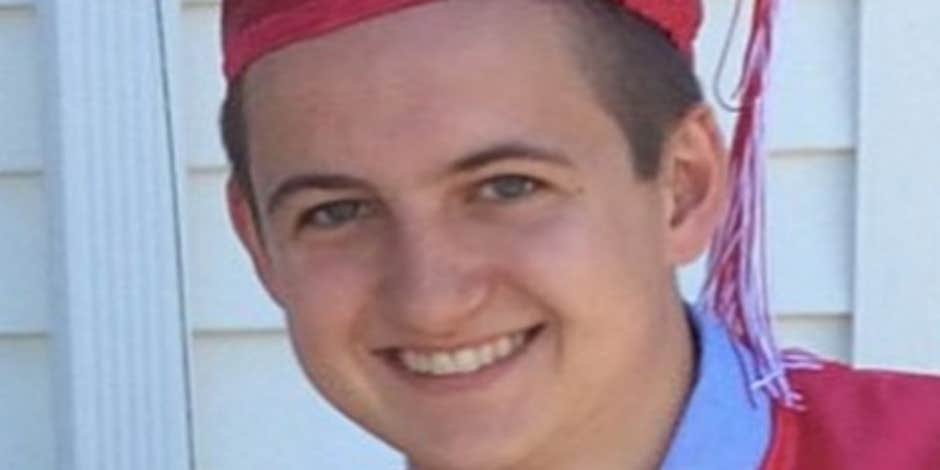HBO's 'I Love You Now Die' Spills All The Details Of The Intense Relationship Between Conrad Roy And Michelle Carter — A Synopsis
Can words kill?
 Instagram
Instagram In 2017, Michelle Carter was convicted of facilitating Conrad Roy III’s 2014 suicide. They were dating long distance when he poisoned himself with carbon monoxide in his truck in a Kmart parking lot in Fairhaven, Massachusetts. The case was largely built on text messages Carter and Roy shared in the two weeks before his death, and resulted in a 15-month sentence for involuntary manslaughter for Carter. There’s so much more to this case than what the news articles say, so filmmaker Erin Lee Carr—who you might recognize for her 2017 documentary “Mommy Dead and Dearest” about the murder of Dee Dee Blanchard—took to filmmaking again to give the situation a proper inspection.
Who is Conrad Roy III?
1. Carter and Roy actually only lived an hour away.
Michelle Carter lives in Plainville and Conrad Roy lived in Mattapoisett, which are only about an hour away. Despite their proximity, they actually didn’t meet in Massachusetts, but in Florida, where both of their families spent a vacation in February. “They met maybe five times,” Lynn Roy, Conrad’s mother, says in the documentary. “I never saw her. I mean I saw him text her all the time on his phone, but I didn’t think they had a relationship like that.” They probably would never have even crossed paths in Massachusetts, actually. Plainville kids, largely white, thought of south coast kids as “gritty,” though they had learned to use the word “diverse.” One of Michelle’s teammates told Esquire, “We don't even play them in sports.”
2. Conrad had a troubled home life.
Lynn Roy, his mother, said she noticed that her son started having problems around the time she and Roy Jr., Conrad’s father, divorced. The separation was messy and violent. Conrad had written in a police report that his father once beat him for not immediately putting away dinner. When asked about these accounts of abuse, Roy Jr. told the documentary filmmakers that it was “kind of embarrassing” and “doesn’t really matter.” He said, “Things got out of control and we both fought each other. And I’d do it again just like that.”
3. He had previously attempted to kill himself four times.
One of his attempts was nearly successful, and his search history showed that he frequently researched effective suicide methods. According to his mother, his grades slipped, his memory began to fade, and he felt like his thoughts were constantly racing. In a video journal, he said he felt overwhelmed by social anxiety and that he was wired different than everyone else, all of which feelings are normal symptoms of anxiety and depression. It makes me wonder if Michelle can really be held culpable. In her mind, she really thought she was doing the right thing, helping him end his misery.
4. Carr made I Love You, Now Die because she knew there was more to it than the way news outlets were superficially putting it.
In an interview with boston.com, Carr said, “There was this very simple story put forth that Michelle Carter was this good-looking ice queen that set about to kill a young man to become popular. I knew that that wasn’t going to be correct, but it would ultimately be the narrative that was set forth by the prosecution.” She wants viewers to decide for themselves whether Michelle’s actions were criminal. Michelle (and her parents) declined to be interviewed for the documentary, but her voice is displayed throughout the film in the form of thousands of text messages between her and Conrad, inviting us inside their eerie, almost entirely virtual relationship.
Don’t hesitate to call the National Suicide Prevention Lifeline toll-free number at any time ever. 1-800-273-TALK(8255). It connects the caller to a certified crisis center near where the call is placed.
Leah Scher is an ENFP finishing her degree at Brandeis University. She's an alumna of the Kenyon Review Young Writer's Workshop the Iowa Young Writers' Studio. She's passionate about Judaism, poetry, film, satire, astrology, spirituality, and sexual health.

